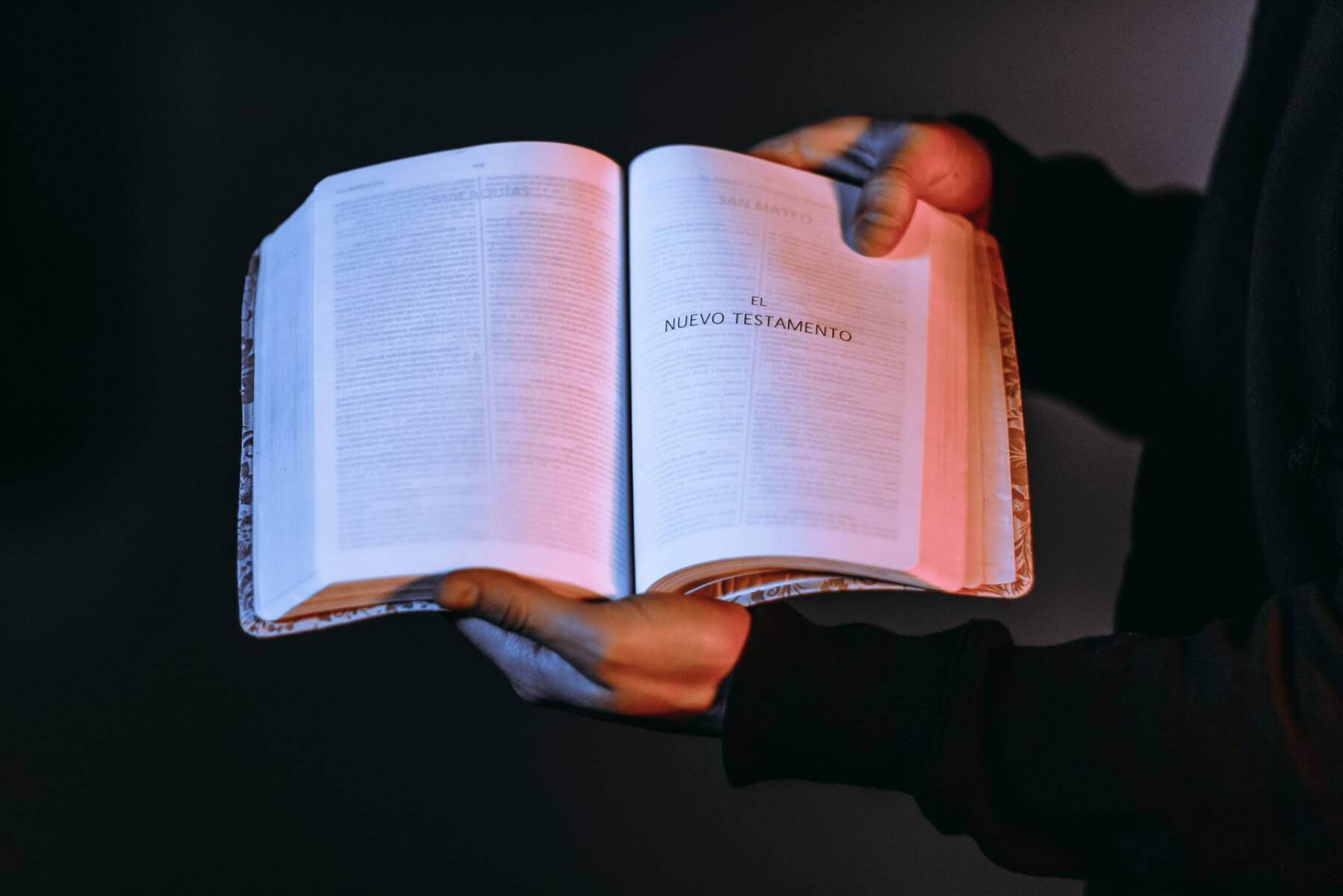Those who study the Bible and the history of the Church (like theologians and scholars) often have different ideas about the Fall, original sin, and total depravity. These ideas can vary among different Christian churches. Let’s take a look at each:
What is the Fall in the Bible?
“The Fall” refers to a story from the Bible about the first humans, Adam and Eve. They lived in a beautiful garden where God told them they could eat any fruit except for one: the fruit from the Tree of the Knowledge of Good and Evil. But a crafty snake (who many people believe was actually the devil) convinced Eve to eat the fruit. Eve then persuaded Adam to do the same. This act of disobeying God’s rule was the first sin ever committed by humans. It made Adam and Eve aware of their nakedness, and they felt shame.
You may be interested in how tall Adam and Eve were, what language they spoke, how Adam named the animals, whether they were “married” – yada yada yada. One of the biggest takeaways of their story is that they saw the fruit of the tree as good, they disobeyed, and sin was ushered into the world.
What Does Original Sin refer to?
Many church scholars believe this original sin, or first mistake, affects all people who have ever been born or will be born. Because of this, they believe everyone needs to be saved from the consequences of sin. If not, according to them, the person would face severe punishment after death, including being sent to a place called hell. They believe salvation comes through faith in Jesus, who they believe is God’s son who died and was raised again.
In short, sin entered the world through Adam and Eve’s disobedience. That’s the doctrine of original sin.
What Exactly is Total Depravity?
“Total depravity” is a popular concept in some Christian beliefs, like Calvinism. It suggests that sin affects every part of a person and that people can’t choose to do good or to follow God without God’s help. Roman Catholics, while agreeing to some extent, believe we can choose to do good and follow God, but only if we spend a lot of time with God. Otherwise, we might make more bad choices than good ones.
Different churches and denominations have different views on total depravity today. Some Baptists, who are influenced by Calvinism, believe in total depravity and say we always need God’s help to do good. Lutherans and Methodists don’t believe in total depravity. They think God’s love gives us back the ability to choose between right and wrong if we let it. Pentecostal and charismatic churches usually don’t believe in total depravity, while some Anglican churches do. But even within these churches, people have many different ideas. What really matters is what each person believes, and everyone agrees that we always need God’s love and help.
The Doctrine of Sin in Our Daily Lives
For most of us these doctrines don’t mean a lot for our daily lives. In our daily lives we all sin. Paul says about our sinful nature, “For all have sinned and fall short of the glory of God” (Romans 3:23a).
This means we are constantly in need of God’s grace and forgiveness. The hope of most Christians is to maintain a continuous relationship with God and as result we sin less as that relationship grows. We should understand that being a Christian does not mean we don’t sin, but that we should be remorseful and try not to repeat the same ones. Be encouraged by what Paul says further, “and all are justified freely by His grace through the redemption that came by Christ Jesus” (Romans 3:23b). That is what gives us hope as we go through our life.





